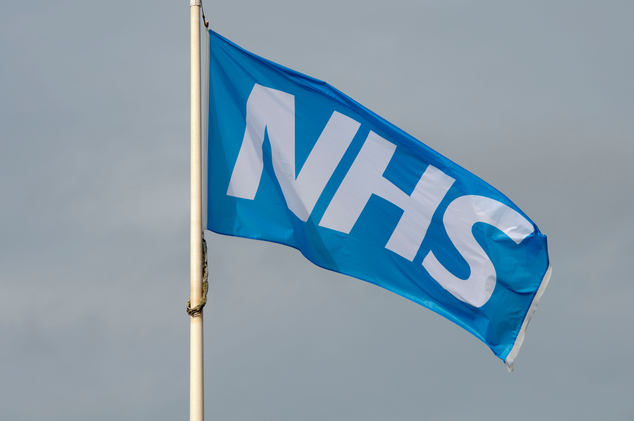Health and social care secretary and deputy prime minister Thérèse Coffey will set out a
plan for helping the NHS.
The package of measures, named ‘Our Plan for Patients’ is hoped to improve access to
general practice so all patients who need an appointment can get one within two weeks.
The main bulk of the plan aims of free-up over one million appointments per year and
generally aid the ease and speed in which these appointments happen.
Practices that perform badly will be ‘named and shamed’ for the first time ever in order to
keep pressure high, and pharmacies will be given more power so that they can supply some
forms of medication without a prior GP referral.


They will also take referrals from emergency care for minor illnesses or symptoms, such as a
cough, headache or sore throat. It’s thought that the move could free up to two million GP
appointments a year.
From November, the NHS will accelerate the roll-out of new cloud-based telephone systems
to create more phone lines and provide clearer information about their place in the queue,
or direct them to the right place for help.
Professor Martin Marshall, Chair of the Royal College of GPs, has criticised the plan, and
said: “It’s a shame that the Health Secretary didn’t talk to the College and to our members
on the frontline before making her announcement because we could have informed her of
what is really needed to ensure a GP service that meets the needs of patients and is fit for
the future.
“Lumbering a struggling service with more expectations, without a plan as to how to deliver
them, will only serve to add to the intense workload and workforce pressures GPs and our
teams are facing, whilst having minimal impact on the care our patients receive.”
He also said that the aim to make sure everyone is seen within two weeks is not a priority,
as already, around 85% of appointments happen within two weeks of being booked, with
44% being delivered on the day they are booked.
Speaking to BBC Breakfast TV this morning and defending herself from criticism that she was
putting further targets on hard pressed GPs, Coffey said,
“I think we see some great experiences for patients. I am also conscious that we hear
regularly from patients on how frustrated they are that they cannot get an appointment
from their GP”.
Another focus expected to be addressed is the quality of life and working conditions for GPs.
Coffey is likely to make pension tax breaks to help to deter GPS from quitting the NHS,
something which has dominated the past couple of years.
Referring to her drive to see boost staffing levels and see more GPs may return to practice,
Coffey said,
‘One of the things that we will be doing is removing some of the reasons that
doctors have said they have stopped working, and indeed extending some of the measures
that we had during covid to bring people back into the NHS’.
As part of the plan, the public will be called upon to take part in a “national endeavour” to
support the health and social care system. The one million volunteers who stepped up
during the pandemic to support the NHS will be asked to come forward again, alongside a
push for more volunteering across the NHS and social care.

